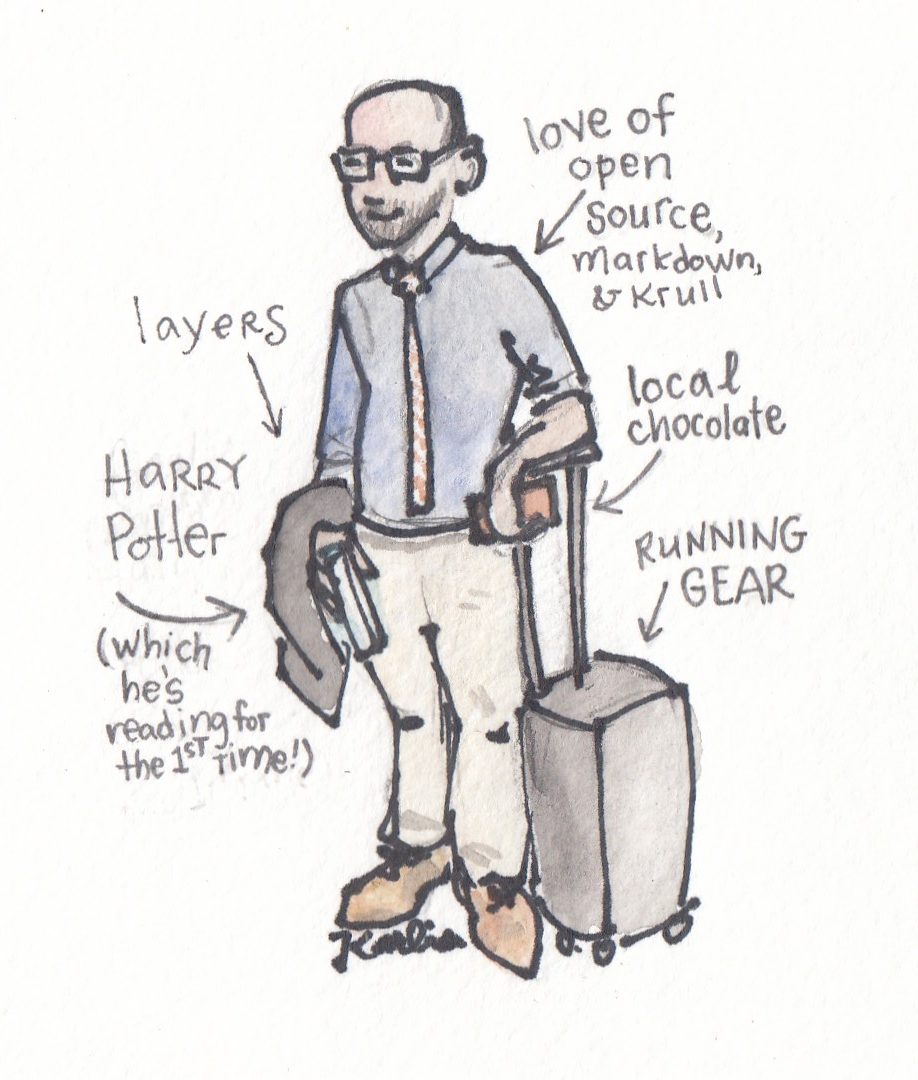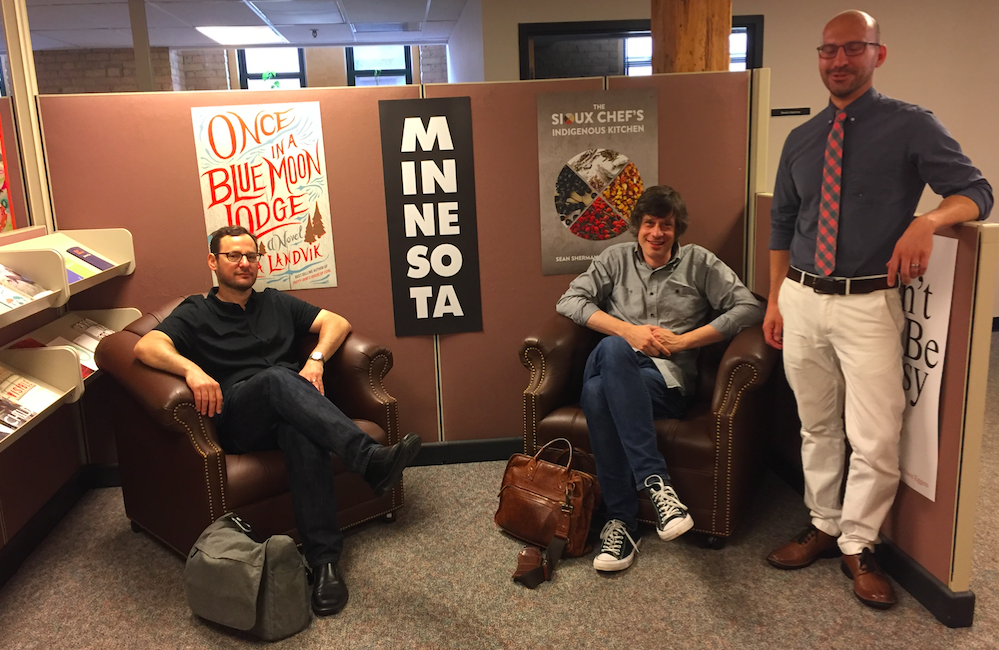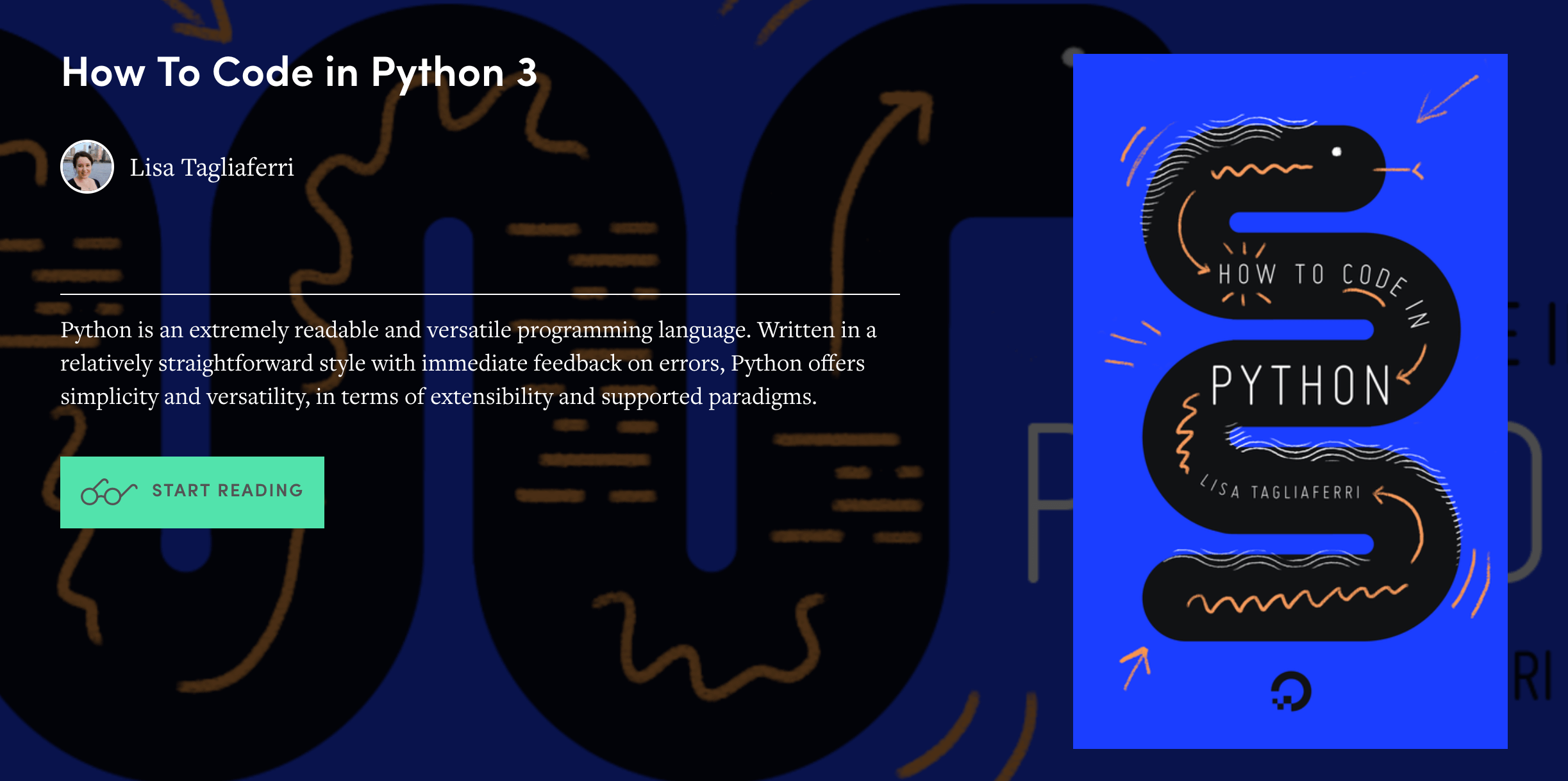
Travels with Terence
Terence Smyre, University of Minnesota Press’s Digital Projects Editor, is about to hit the road for Manifold Scholarship Digital Services Pilot Trainings. That’s a lot of titles to say that he’s about to work with the ten publishers (announced this summer) just starting off with Manifold. Terence came to Manifold and Minnesota after many years and many roles at the University of Nebraska Press, and he is ready to help integrate Manifold production into each publisher’s workflow.
To kick off his exciting adventures, we thought we’d feature an interview to give those following an idea of what he sees coming, how in-person trainings fit within digital domains, and which American Ninja Warrior challenges he anticipates. Terence has famously claimed to love airports—we will see if that’s still true when he returns from the ten training trips.

